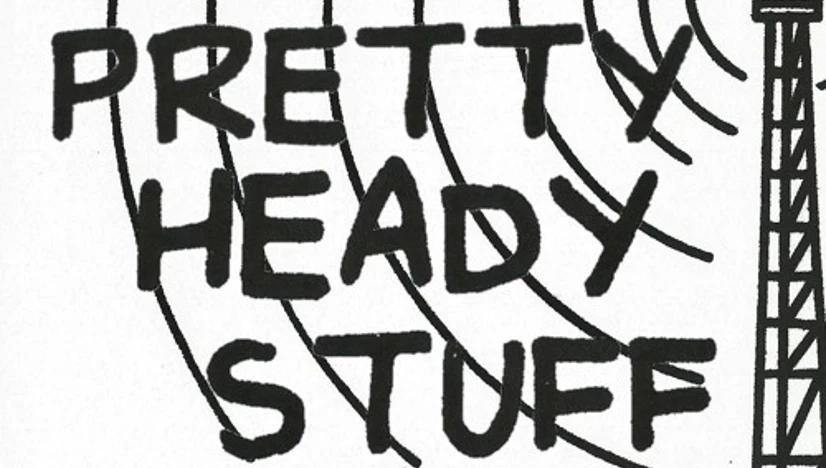Yuliya Yurchenko expands the frame for understanding the Russian invasion of Ukraine
Pretty Heady Stuff, 2022
"Yuliya Yurchenko is a senior lecturer and researcher in political economy at University of Greenwich. She is currently in Ukraine on an extraordinary leave. And while she writes that she is, for the moment, in relative safety, that could change any moment. Being a Ukrainian, an activist and an academic, Yuliya traveled to Ukraine on Feb 19, 2022 as part of a fact-finding and solidarity mission with a number of MPs, trade unionists and journalists. The goal, she says, of this mission is to connect with civil society organizations, trade unions, activists and politicians, and “to express direct, cross-border solidarity from the UK working class to the Ukrainian working class.” She not only demands that Ukraine’s foreign debt be canceled, but that the international community also provide reparations for 8 years of inaction on Russian aggression. If we want to understand this war, Yuliya points out, it is going to be necessary to look past the headlines. The simplistic black and white portrayals we’re receiving do not do justice to the complexity of the situation. And although she recognizes that this lack of nuance largely results from a desire to give the public a “coherent frame,” it’s just patently the case that, right now, “conventional frames don’t work” and for that reason, she says, we need to deeply reassess “what constitutes evidence” even, and evolve methods of analyzing disinformation, emotion, belonging, statehood and aggression beyond traditional Western scholarship and standard modes of political science. While we’re still encouraged to think in terms of the rule of law when trying to understand these sorts of conflicts, Yurchenko emphasizes that societies without the rule of law require us to “be more flexible” in our theorizing. Why can’t we incorporate “interdisciplinary and open-minded… frameworks” to understand what’s happening?" [summary quoted from the podcast description]
Comment from our editors:
Yulia Yurchenko, whose book The Empire of Capital provides a brilliant overview over the trajectory of Ukraine's post-socialist development path, shares her analysis of the ongoing situation in Ukraine touching upon a multitude of issues including questions of psychology, race and gender and their relation to the war in Ukraine. For economists, the last half hour is particularly interesting, because Yurchenko therein expands on issues such as the role of oligarchic wealth or the connection of the war to the transition toward a post-carbon economy.
Go to: Yuliya Yurchenko expands the frame for understanding the Russian invasion of Ukraine

